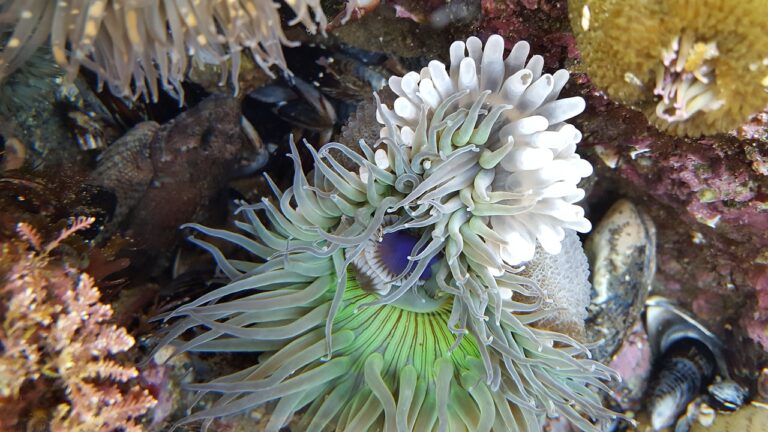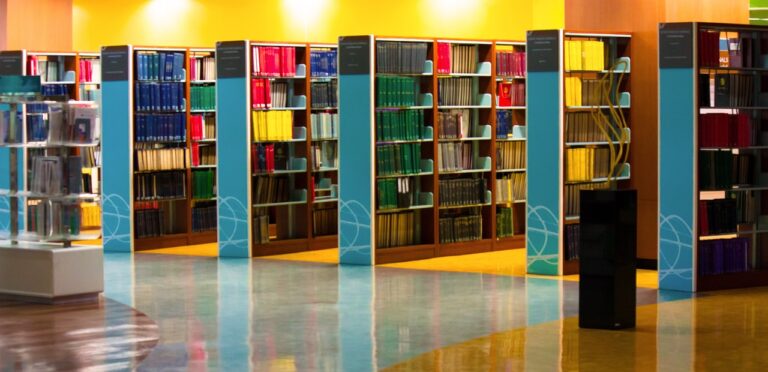Understanding the Benefits of Outdoor Learning Environments for Preschoolers: Golden exchange 99, Cricbet99.com, King 567 casino
golden exchange 99, cricbet99.com, king 567 casino: Outdoor learning environments have been gaining popularity in preschool education in recent years, and for a good reason. These environments offer a wide range of benefits for young children, helping them develop physical, cognitive, social, and emotional skills in a natural setting. If you’re considering enrolling your child in a preschool with an outdoor learning program, here are some key benefits to keep in mind:
1. Physical Development:
Outdoor play allows preschoolers to engage in physical activities such as running, jumping, climbing, and swinging. These activities help improve their coordination, balance, and gross motor skills. Furthermore, exposure to natural elements like sunshine and fresh air can boost their overall health and well-being.
2. Cognitive Development:
Outdoor environments provide endless opportunities for exploration, discovery, and problem-solving. Preschoolers can investigate the natural world around them, observe plants and animals, and experiment with different materials. This hands-on approach to learning fosters curiosity, creativity, and critical thinking skills.
3. Social Development:
Playing outdoors with their peers encourages preschoolers to collaborate, communicate, and interact with others. They learn important social skills such as sharing, taking turns, and resolving conflicts. Outdoor play also promotes teamwork and cooperation, helping children build positive relationships with their classmates.
4. Emotional Development:
Nature has a calming and soothing effect on young children, helping them regulate their emotions and reduce stress and anxiety. Outdoor play allows preschoolers to experience a sense of freedom, independence, and joy. It also promotes a sense of wonder and awe, fostering a deep connection with the natural world.
5. Sensory Stimulation:
Outdoor environments offer a rich sensory experience for preschoolers, engaging all their senses sight, hearing, touch, smell, and taste. Children can explore different textures, colors, sounds, and smells in nature, stimulating their sensory development and enhancing their overall sensory awareness.
6. Environmental Awareness:
Exposure to outdoor learning environments at a young age helps preschoolers develop a strong sense of environmental stewardship and appreciation for nature. They learn about the importance of caring for the planet, conserving natural resources, and protecting wildlife habitats.
In conclusion, outdoor learning environments offer a multitude of benefits for preschoolers, supporting their physical, cognitive, social, and emotional development in a natural and holistic way. If you’re looking for a preschool that prioritizes outdoor play and exploration, consider the advantages it can provide for your child’s growth and learning.
FAQs:
Q: Are outdoor learning environments safe for preschoolers?
A: Yes, outdoor learning environments are typically designed with safety in mind, with appropriate supervision and safety measures in place to ensure a secure environment for young children to play and learn.
Q: How can parents support outdoor learning at home?
A: Parents can encourage outdoor play by spending time outside with their children, exploring nature together, and providing opportunities for hands-on learning experiences in the backyard or local park.
Q: What should preschoolers wear for outdoor play?
A: Preschoolers should wear comfortable and weather-appropriate clothing and footwear for outdoor play, including layers for warmth, sunscreen for sun protection, and hats for sun safety.







